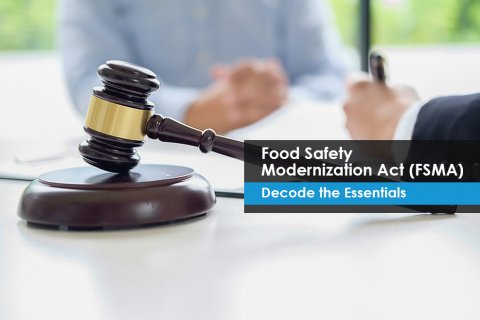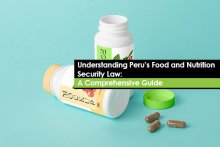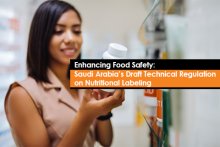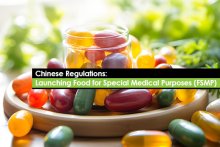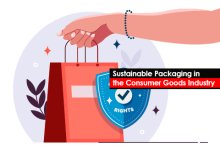Prevention of food safety issues has been a primary focus for the United States Food and Drug Administration (US FDA) over the past decade. To monitor and enhance food safety, FDA has introduced Food Safety Modernization Act (FSMA) in 2011, which emphasizes on all the aspects of food production, and supply chain; from farm to fork. The FSMA is aimed not only at preventing foodborne adversities but also at defining how the food is grown, harvested, packed, processed, shipped/imported into the U.S. To prevent food contamination at each stage of supply chain, the US FDA has finalized seven major rules as part of the FSMA.
The FSMA and Final Rules
- Preventive Controls for Human Food – The final rule for preventive controls for human food sets new requirements to develop and implement hazard analysis and risk-based preventive controls (HARPC) at foreign and domestic facilities. Once preventive control is identified for a potential hazard, manufacturers must ensure that these controls are implemented in the facility and monitored diligently.
- Produce Safety Rule – The Produce Safety rule establishes minimum standards for safe growing, harvesting, and packing of fruits and vegetables for human consumption. The rule sets requirement for the quality of agricultural water used for the production as well as for the assessment of soil and manure to minimize the risk of contamination. It outlines new rules specifically for sprouts as they have been associated with foodborne diseases.
- Foreign Supplier Verification Program (FSVP) – This rule has been finalized in 2017. The rule of FSVP requires importers to carry out necessary risk assessments to ensure that the food being imported into the U.S. has been produced as per applicable U.S. safety standards. The rule helps the FDA to verify that the manufacturers provide the required level of health protection to the public, and to make sure the food products are not adulterated.
- Accredited Third-Party Certification – This rule establishes a voluntary program for the third-party auditors to conduct audits for food safety and it issues certification for foreign entities. It outlines the requirements and framework for the third parties seeking accreditation as auditors from the FDA. Further information related to the Accredited Third-Party Certification can be decoded here.
- Sanitary Transport of Food and Feed – As the name suggests, the purpose of the final rule of Sanitary Transport of Human and Animal Food is to prevent any occurrence of food contamination during the transportation; from farm to table. It proposes requirements for all shippers, loaders, carriers, and others involved in the transportation of human as well as animal food.
- Mitigation Strategies to Protect Food Against Intentional Adulteration – This rule aims at preventing any intentional harm caused to human food, which may indeed harm the public on a large scale. The rule proposes risk-mitigation strategies for certain registered food facilities. It applies to all the major companies which target a large number of consumers.
- Voluntary Qualified Importer Program (VQIP) – The VQIP, a voluntary fee-based program, benefits participating importers and consumers. It allows accelerated review and import entry of animal and human products. However, to participate in this program, participating importers should first check their eligibility criteria.
Having discussed the above finalized rules, it is clear that the FSMA is completely redeveloped and the FDA is all set to make sure that human and animal food products available to the consumers are safe. Are you a food product manufacturer aiming to market your products in the U.S.? Then it’s time to get a hold of the FDA’s FSMA and its Regulatory requirements. Stay up-to-date. Stay compliant.

